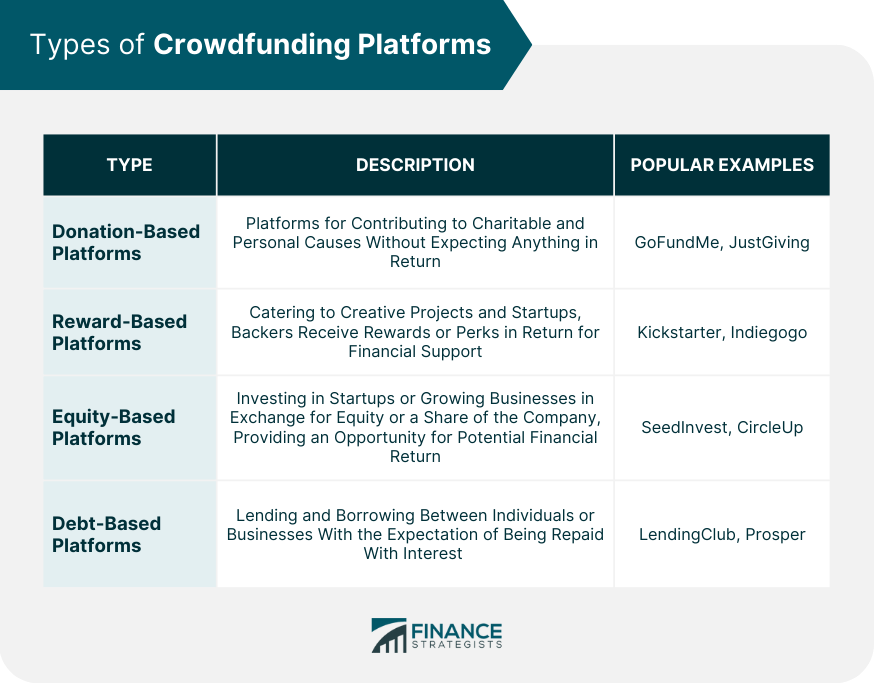
If you want real financial security, you must pay attention to your money. Simply ignoring money and hoping the best isn’t a good plan. It’s absolutely true you can start investing any time you wish. However, the game changes when you move through life stages. Huge factors shift across the years. These are time until you retire and also your income level. Different stages have different strengths and chances. There are minuses too when you are young like in your 20s. You have immense time before age 65. That’s a large plus right there. But your income might not be high yet. Fast forward to your 40s, retirement feels closer indeed. You are likely earning more money here. This presents another big opportunity for savings boost. Success means leveraging your unique strengths. It also means using opportunities at each life stage. Adapting strategy along way optimizes returns. It helps you dodge some nasty risks too.
Crucial factors must kept in mind. Time horizon is how long money must grow. Risk tolerance sits right at the top. Your asset allocation is a fancy term. It’s how investments are divided. This allocation must change with your age. It also evolves with your financial goals. Remember this one powerful thing. Starting early lets you leverage compound interest. If retirement is near, get expert advice. Financial advisors help guide through complexities.
What is asset allocation we are talking about? It’s dividing your portfolio across assets. Think about stocks, bonds, real estate, and cash. Idea is balancing reward potential with risk.
You adjust percentages in each type of asset carefully. Portfolio isn’t a spreadsheet alone. See it like a vibrant garden instead. You wouldn’t plant only one flower kind. Variety makes a wonderful garden. Asset allocation is planting your financial garden.

You choose stocks, bonds, property and proportions. Diversification within each class is critical too. If one struggles, others still thrive. Goal is a mix getting you to goal. It should fit risk level for your situation.
As life changes, adjust investment strategy. Age is big factor for this adaptation. Someone nearing retirement prioritizes preserving money. A person starting out in 20s wants growth.
They can take more risk with investments. Age is not the only thing dictating strategy. Specific goals and preferences matter greatly. Your comfort level with risk plays large role. Wanting to retire earlier means something clear.

You need invest more aggressively likely. Commit to saving higher income percentage, plain and simple.
Now, where and what about investing details. You’ve probably heard 401(k)s or IRAs. HSAs too, we cover these later. Individual brokerage accounts are another place. These are ‘vehicles’ where you put money. They act like containers for savings. Inside containers, you invest in ‘what’. That is stocks or maybe bonds. Different fund types exist also. Understanding vehicle and contents is crucial indeed.
First stage is investing in your 20s time. Starting now puts you great position. You have valuable asset then. It is time itself you own. Starting early unlocks full potential.
Compound interest is truly magical. It is powerful snowball effect working. You earn interest on initial money. Then interest earns more interest over time. Thanks to large time advantage, you are good.

Consistent saving even small amounts helps. It leads to significant growth down road. You have luxury of weathering market ups and downs. Plenty of time allows investments recover. They thrive after any dips happen. Maximize time to retirement advantage now.
Aim saving as much as possible. Try for 15% of salary before taxes. Investors here often allocate large portion to stocks. We talk 90% to 100% equities.
Bonds might be 10% or lower amounts. This aggressive approach reflects this stage. Target-date funds structure shows this way. They shift allocation closer to retirement goal. Best places start? Prioritize 401(k) plans first.
Especially use company match, that’s free money. An IRA is another fantastic option. Save in these accounts, even on tight budget. Every little bit truly adds up nicely.
Related posts:
How to Invest at Every Age
How to use your HSA as a retirement plan
Is $500,000 in super enough to retire on?

:max_bytes(150000):strip_icc()/GettyImages-2215577822-47a75431e5254defb1dd57019a2c8389.jpg)

